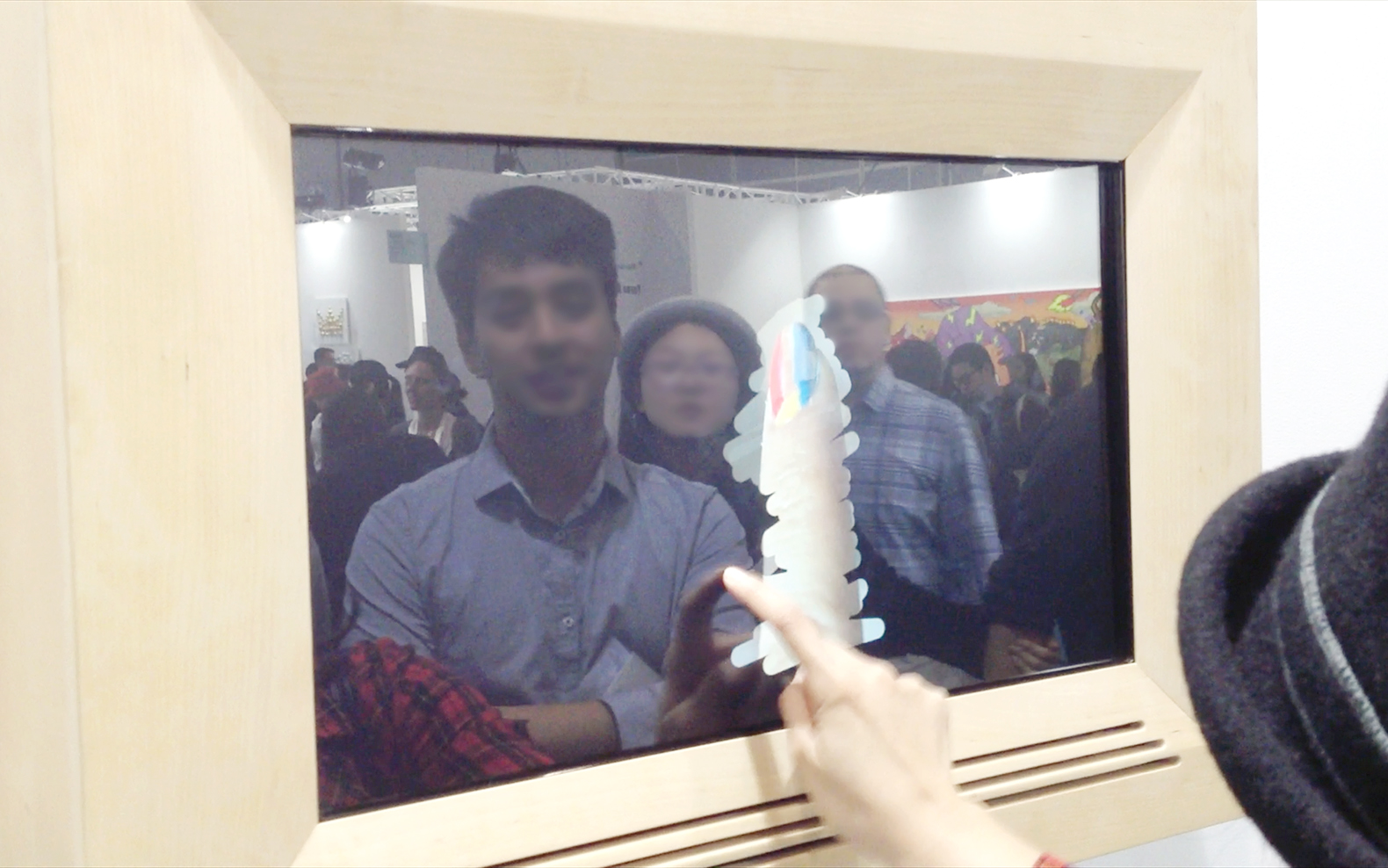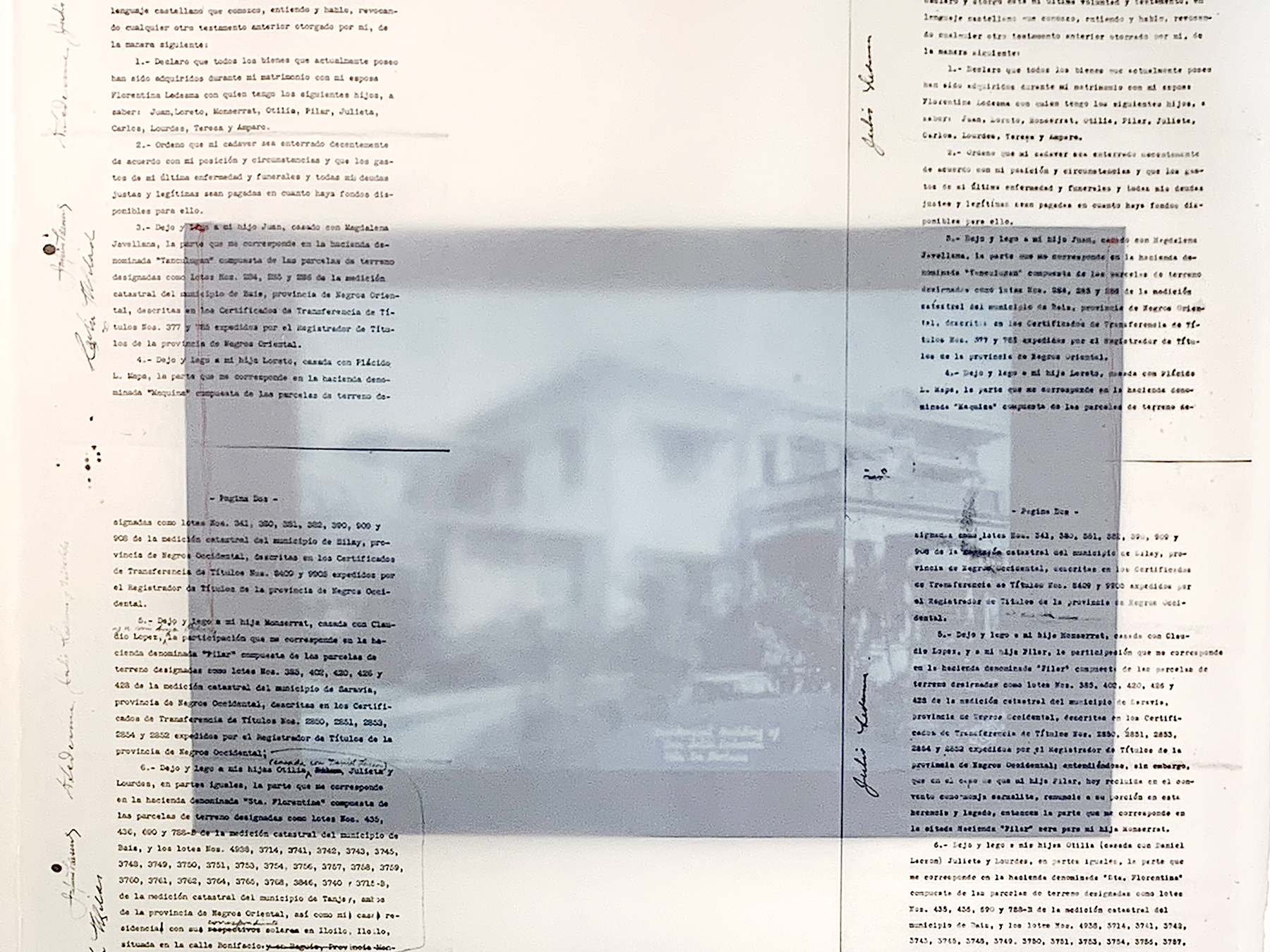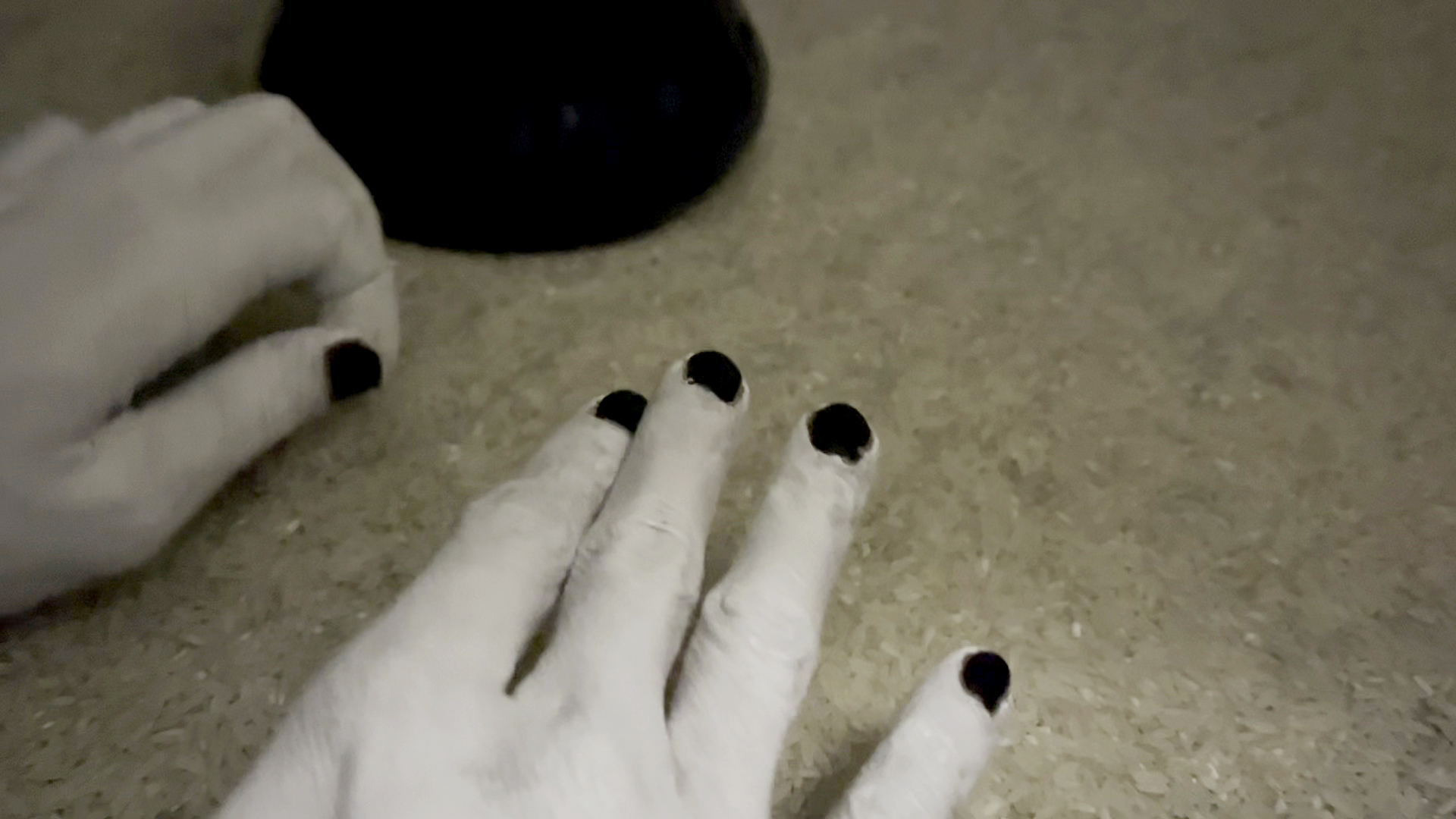Braille for the seeing
How these contemporary artists are taking photography to new levels
At A Glance
- Photography evolves into different sculptural, physical, and material forms, interplaying with light, space, and scale, becoming interactive through computer programs, chemical processes, and prompts.

In an era marked by the pervasive influence of screens and digital encounters, our perception of art has undergone a dramatic shift, further aggravated by the pandemic. Online exhibitions, the promotion of art on social media, and the virtual acquisition of art have become the new norm. While this digital accessibility offers undeniable advantages, such as respite from the grueling Metro Manila traffic, the prolonged lockdowns have highlighted the profound need for in-person sensory engagement, especially in the realm of art.
In the upcoming featured exhibit organized by the CCP Visual Arts and Museum Division, titled “Braille for the Seeing,” the participating Filipino contemporary artists aspire to rekindle the profound joy of encountering art directly by delving into the diverse facets of contemporary photography, redefining, re-examining, and reimagining the medium.

To experience this wonder, the exhibit opens on Nov. 7 at the CCP’s Bulwagang Roberto Chabet, located on the third floor of the Tanghalang Ignacio B. Gimenez (CCP Blackbox Theater). The exhibit runs until Dec. 10.
Expect to see masterful works by Poklong Anading, Idan Cruz, Teo Esguerra, Angel Flores, Neo Maestro, Rhaz Oriente, Gary-Ross Pastrana, Angela Silva, Gerome Soriano, Jan Sunday, Stephanie Syjuco, Miguel Lorenzo Uy, and MM Yu.
“Braille for the Seeing” features a diverse ensemble of Filipino contemporary artists, transcending generations, influences, and backgrounds. Their shared enthusiasm for exploring and experimenting with various artistic mediums and expressions defines the foundation of this presentation.
Photography works as the main highlight, as it evolves into different sculptural, physical, and material forms, interplaying with light, space, and scale and becoming interactive through computer programs, chemical processes, and prompts.
What started out as a discussion about the growing movement toward digitalization of art appreciation evolved into a curiosity about the possibilities of photography. Teo Esguerra and Gerome Soriano submitted a proposal in 2019, aiming to showcase works in photography that only personal experience would satisfy. But as circumstances would have it, the Covid-19 pandemic struck the world and for more than two years, humanity had been on lockdown, causing unprecedented disruption to our lives. Now that the world has opened up again, this project has finally seen its fruition with a larger group of artists, a new venue, and an audience recently liberated from pandemic restrictions.

Engage with the artworks on a personal level and immerse in the exhibition’s multi-sensory dimensions. In doing so, one gets to challenge preconceptions and allows the broadening of our understanding of contemporary photography in the context of contemporary art.